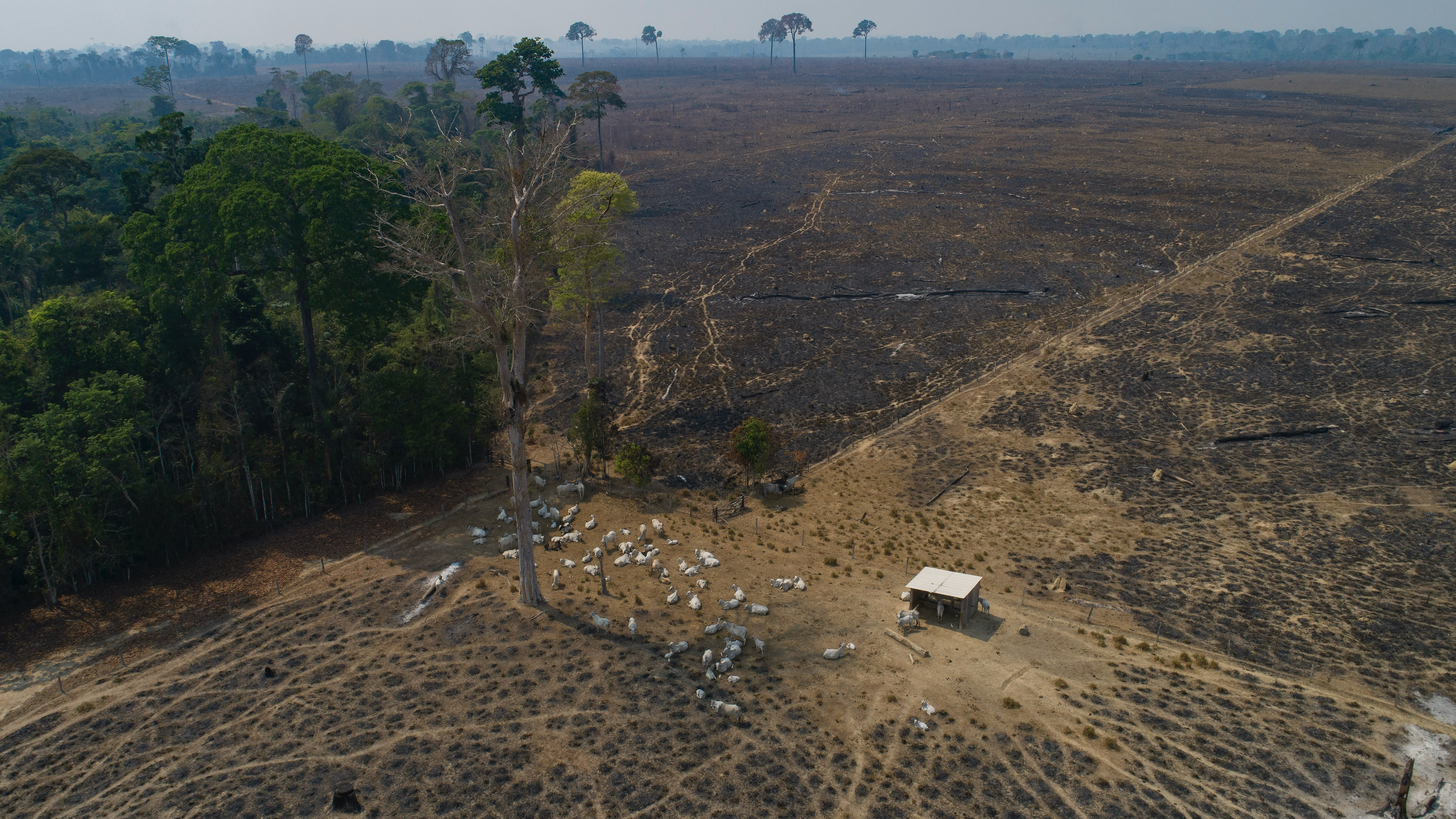Brazilian Congress moves to limit Indigenous land claims
This week, Brazil’s lower house approved a controversial bill aimed at gutting Indigenous Land Rights.
Conservative congressmen who are tied to the country’s big ag caucus applauded the vote. The bill now moves on to the Senate, but Native peoples are concerned that if approved, it could roll back gains made over the last 35 years.
“Today, you have Indigenous blood on your hands,” said Indigenous lawmaker Celia Xakriabá on the congressional floor. “When you negotiate the rights of Mother Earth, you are negotiating the possibility of life on this planet. You are selling off your own mothers.”
This was no ordinary bill.
Bill 490, originally drafted 16 years ago, questions Indigenous peoples’ rights to their land based on a theory called marco temporal or “the timeframe.” The Supreme Court will decide on marco temporal constitutionality on June 7. In essence, it states that only those Indigenous peoples recognized as being on their land on the day of the passage of Brazil’s Constitution in 1988 have legal rights to their territory today.
Some lawmakers fear that the bill’s passage could lead to a cascade of lawsuits questioning Native peoples’ rights to their land, even those territories that are already well-established or demarcated.
“This is going to decide the life of Indigenous peoples,” Indigenous Peoples Minister Sonia Guajajara said on Instagram, in an appeal to Brazilians to reject the vote. “It blocks any type of process of demarcation of Indigenous lands.”
This week, Indigenous peoples blocked major highways in several spots around the country against the impending bill. In São Paulo, they sang and chanted. They set fire to debris on the highway to stop cars from passing. Their demand: No to bill 490.
“We are not aggressive or violent,” local Indigenous leader Arapotu told a Brazilian news outlet. “We just want to be heard. Because this bill 490 is a law that will kill us. It will exterminate us.”
Anthropologist Antenor Vaz, who worked for many years at Brazil’s Indigenous agency, said that all Indigenous peoples will be impacted by this bill, adding, “but isolated and recently contacted peoples will be impacted drastically, because it’s almost impossible to prove that they were on their land on Oct. 5, 1988.”
Fourteen other bills are tied to the legislation, which could open Indigenous territories to mining and resource extraction from outside entities.
The vote, which was fast-tracked last week, caught many people by surprise.
“I didn’t think that this would even come up now under Lula,” said Cleyson Juruna, the young chief of the Juruna people in the Amazonian state of Pará. “Because Lula’s discourse before he was elected was that he was an environmentalist and in favor of Indigenous peoples, but today we don’t even know what to expect.”
Since his election, Lula has advanced Indigenous rights, creating an Indigenous Peoples’ Ministry, pushing back on illegal miners and recognizing six new Indigenous territories last month.
All congressional members of Lula’s Workers Party voted against the bill. But Brazil’s Congress is the most conservative in decades. The country’s big ag caucus — the Congressional Agriculture Front — wields tremendous power.
According to the leader of the group, Pedro Lupion, 300 of 513 congressional representatives in the lower house are members of the groups. And it has long been looking to open up Indigenous land for development. The group’s allies say Indigenous peoples have acquired too much land.
“This bill is so important,” said Rodolfo Nogueira, an ally of former President Jair Bolsonaro who voted for the bill. “And without a doubt, it will contribute to food security for the whole world.”
Indigenous peoples have promised to continue to fight to defend their land and their rights.
The story you just read is not locked behind a paywall because listeners and readers like you generously support our nonprofit newsroom. If you’ve been thinking about making a donation, this is the best time to do it. Your support will get our fundraiser off to a solid start and help keep our newsroom on strong footing. If you believe in our work, will you give today? We need your help now more than ever!
